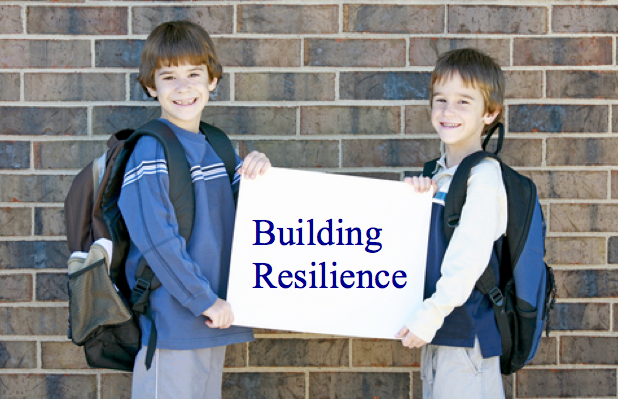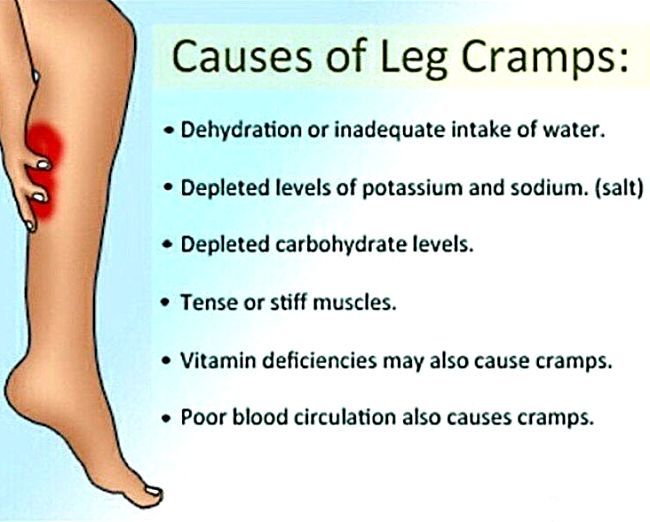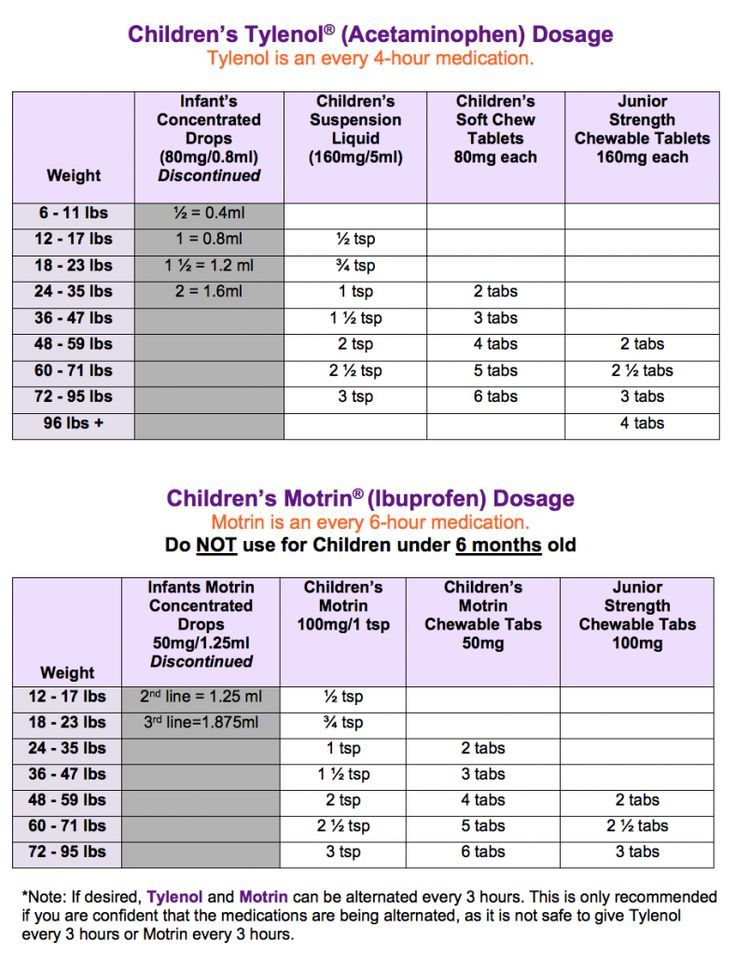When does baby brain start
When Does a Fetus Develop a Brain?
Pregnancy is an exciting time full of rapid change and development for both you and your baby. While the growth happening on the outside is clear to everyone (hello, growing belly!), it’s the development we can’t see that is truly fascinating.
Your fetus will begin the process of developing a brain around week 5, but it isn’t until week 6 or 7 when the neural tube closes and the brain separates into three parts, that the real fun begins.
Around week 5, your baby’s brain, spinal cord, and heart begin to develop. Your baby’s brain is part of the central nervous system, which also houses the spinal cord. There are three key components of a baby’s brain to consider. These include:
- Cerebrum: Thinking, remembering, and feeling occurs in this part of the brain.
- Cerebellum: This part of the brain is responsible for motor control, which allows the baby to move their arms and legs, among other things.
- Brain stem: Keeping the body alive is the primary role of the brain stem. This includes breathing, heartbeat, and blood pressure.
The first trimester is a time of rapid development and separation of the various parts of the brain, according to Kecia Gaither, MD, MPH, double board certified in obstetrics and gynecology and maternal-fetal medicine, and director of perinatal services at NYC Health + Hospitals/Lincoln.
Within 4 weeks, the rudimentary structure known as the neural plate develops, which Gaither says is considered the precursor to the nervous system. “This plate elongates and folds on itself forming the neural tube — the cephalad portion of the tube becomes the brain, while the caudal portion elongates to eventually become the spinal cord,” she explains.
The neural tube continues to grow, but around week 6 or 7, Gaither says it closes, and the cephalad portion (aka the rudimentary brain) separates into three distinct parts: front brain, midbrain, and hindbrain.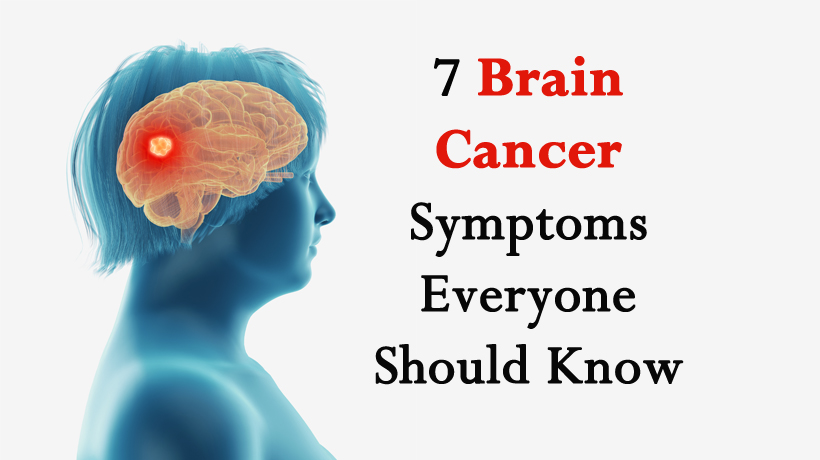
It’s also during this time that neurons and synapses (connections) begin to develop in the spinal cord. These early connections allow the fetus to make its first movements.
During the second trimester, Gaither says the brain begins to take command of bodily functions. This includes specific movements that come from the hindbrain, and more specifically, the cerebellum.
One of the first notable developments, sucking and swallowing, are detectable around 16 weeks. Fast-forward to 21 weeks, and Gaither says baby can swallow amniotic fluid.
It’s also during the second trimester that breathing movements begin as directed by the developing central nervous system. Experts call this “practice breathing” since the brain (and more specifically, the brain stem) is directing the diaphragm and chest muscles to contract.
And don’t be surprised if you feel some kicking during this trimester. Remember the cerebellum or the part of the brain responsible for motor control? Well, its directing the baby’s movements, including kicking and stretching.
Gaither points out that a fetus can begin to hear during the late second trimester, and a sleep pattern emerges as the brainwaves from the developing hypothalamus become more mature.
By the end of the second trimester, Gaither says the fetal brain looks structurally much like the adult brain with the brain stem almost entirely developed.
The third trimester is full of rapid growth. In fact, as your baby continues to grow, so does the brain. “All the convoluted surfaces of the brain materialize, and the halves (right brain and left brain) will separate,” explains Gaither.
The most notable part of the brain during this final trimester is the cerebellum — hence, the kicking, punching, wiggling, stretching, and all of the other movements your baby is performing.
Share on PinterestIllustration by Alyssa Kiefer
While it may feel like you have control over nothing for the next 9 months, you do have a say in the foods you eat. Healthy brain development starts before pregnancy.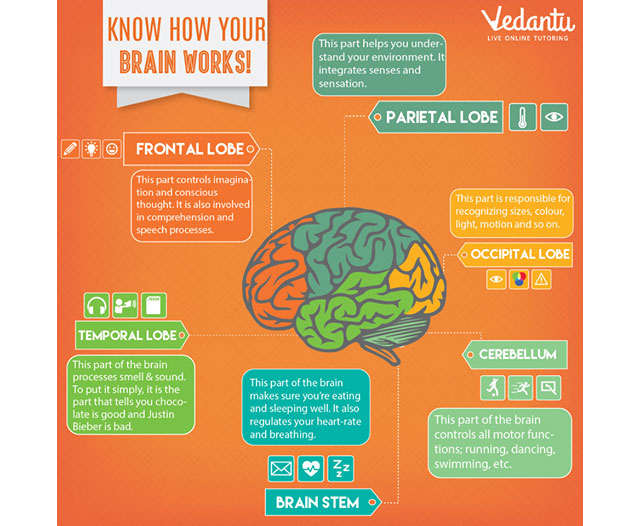
According to the Centers for Disease Control and Prevention, a healthy diet that includes folic acid, both from foods and dietary supplements, can promote a healthy nervous system.
“There are a number of defects along the baby’s brain and spinal cord that can occur when there is an abnormality occurring within the first weeks of brain development,” says Gaither. This may include anencephaly or spina bifida.
Gaither says two supplements in particular are involved with fetal brain development:
Folic acidFolic acid (vitamin B9, specifically) supports fetal brain and spinal development. Not only does it play a role forming the neural tube, but Gaither says it’s also involved in the production of DNA and neurotransmitters, and it’s important for the production of energy and red blood cells.
Gaither recommends taking at least 400 to 600 micrograms of folic acid daily while you’re trying to conceive, and then continue with 400 micrograms daily during pregnancy.
“If you’ve had a child with a neural tube defect, then 4 grams daily in the preconceptual period is advised,” says Gaither.
Foods rich in folate/folic acid include dark green leafy vegetables, flaxseed, and whole grains.
Omega-3 fatty acids
Also important for fetal brain development are omega-3 fatty acids. “The brain has a high fat content, and the omegas are helpful in the deposition of the fat in not only the brain, but the eyes as well,” explains Gaither.
Omegas are also helpful in the neural synapse development or nerve connections to each other.
Foods rich in omega 3-fatty acids include salmon, walnuts, and avocados.
Fetal brain development starts before you may even realize you’re pregnant. That’s why it’s important to start on a prenatal vitamin that contains folic acid right away. If you’re not pregnant, but thinking about having a baby, add a prenatal vitamin to your daily routine.
The brain begins to form early in the first trimester and continues until you give birth.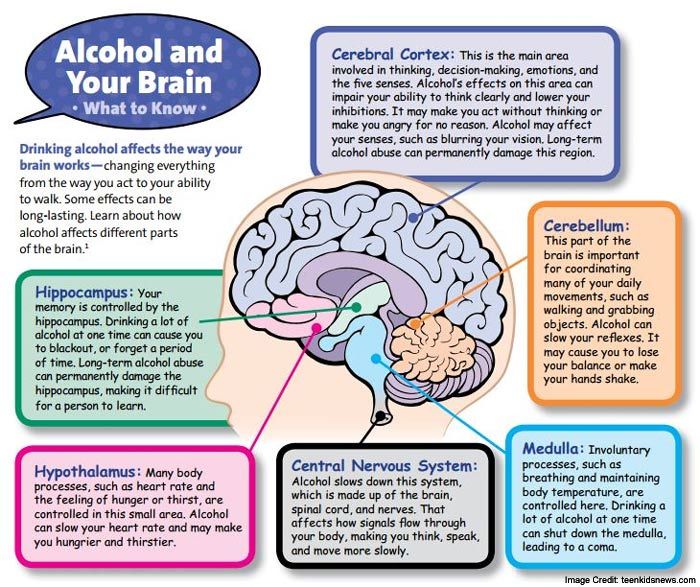 During pregnancy, fetal brain development will be responsible for certain actions like breathing, kicking, and the heartbeat.
During pregnancy, fetal brain development will be responsible for certain actions like breathing, kicking, and the heartbeat.
Talk to your doctor if you have any questions about your pregnancy, fetal brain development, or how to nurture the baby’s developing brain.
Is Pregnancy Brain Real?
You expect all the physical changes that occur in pregnancy: a burgeoning belly, swollen calves, and — if you’re really lucky — pregnancy hemorrhoids. But in addition to these telltale transformations, there are mental shifts and actual physiological brain alterations that happen, too.
If you’re feeling forgetful, absentminded, or just plain out of it, you’re not imagining things. It’s not regular day-to-day distraction at play — “pregnancy brain” is a real thing.
And while it can provide some humor in the moment (like, when you forget your date of birth at a prenatal appointment or discover you’ve shoved the car keys in the freezer — again!), it can also be frustrating and worrisome.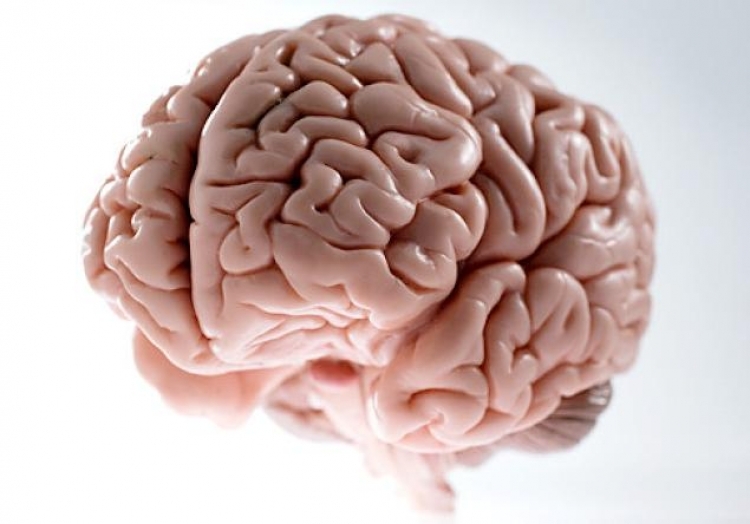
Want to understand the science driving this silliness and get some tips to help lift the fog? We’ve got your back — and your brain — covered.
During pregnancy and beyond, you may find yourself struggling to remember details, focus on tasks, or give your undivided attention to just about anything. This is casually referred to as “pregnancy brain” or “mommy brain.”
Pregnancy brain may begin as early as the first trimester of pregnancy, as this is when your body gets a major surge of hormones. Insomnia, a common affliction in early pregnancy, can exasperate this state of mental mushiness, too.
If you’re hoping the clouds will clear upon baby’s arrival, you’re in for a rude awakening. Hormones will continue to fluctuate postpartum and, of course, the sleep deprivation is just getting started.
You may feel more like yourself around 6 months after birth, if your hormone levels regulate, or it could last well into your child’s toddler years. Hold on to your thinking cap, it’s going to be a wild ride!
An expecting parent will experience several physical and mental changes that can lead to pregnancy brain.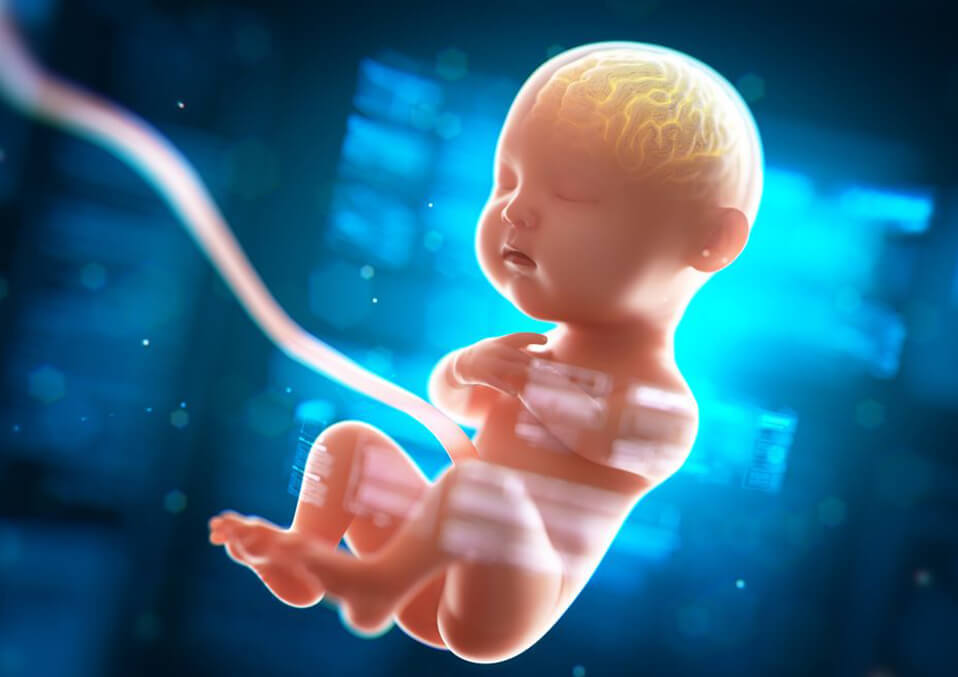 But, while anecdotal evidence of temporary cognitive decline is strong, the research has yielded mixed results.
But, while anecdotal evidence of temporary cognitive decline is strong, the research has yielded mixed results.
A 2014 study found that while pregnant women and new moms reported more memory loss and forgetfulness than a control group of nonpregnant women, actual neuropsychological measurements showed little to no difference in the brain function of the two groups.
Still, other research — and a hearty dose of common sense — can pinpoint a few key contributors. At any given time, the effects of pregnancy brain are likely caused by one or more of these factors.
Hormonal changes
Ah, hormones — the veritable scapegoat of pregnancy problems. Experiencing an acne flare-up? Having mood swings? Sore breasts? Hormones, hormones, hormones.
It comes as no surprise, of course, that hormones are, indeed, a major player in all sorts of pregnancy-related afflictions.
Your body experiences a major surge of various hormones, such as progesterone and estrogen, during pregnancy — and some doctors and scientists believe that this dramatic spike could affect your ability to think clearly, recall easily, and focus mindfully.
One 2014 study found that pregnant women in their second trimester and beyond scored noticeably lower than non-pregnant women on Spatial Recognition Memory (SRM) tests. In other words, they had trouble remembering locations and spacial relations between different objects.
So if you can’t find your cell phone, it may not be your fault. Blame it on the hormones — and give yourself a call (assuming you can remember your own phone number).
Sleep deprivation
At some point during pregnancy, most women will experience some degree of insomnia. Many moms-to-be will suffer from extreme exhaustion in the first trimester, and may never feel fully rested.
Plus, early nagging symptoms such as heartburn, leg cramps, and nausea may keep a woman from getting the slumber she so desperately needs.
Other expecting mamas will have a much harder time sleeping soundly later in pregnancy. Finding a comfortable position is a nearly impossible feat, aches and pains may be incessant, and you could be getting up to pee every half an hour.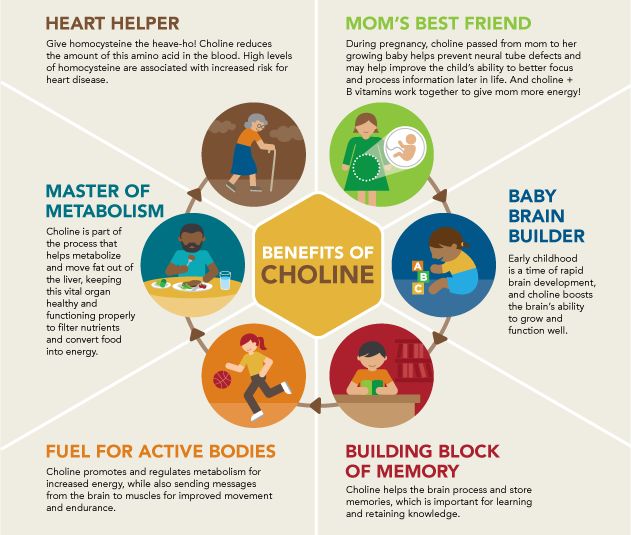
Suffice to say, quality sleep is limited during those 9 tiresome months, and it is only the beginning of this exhaustive roller coaster.
Sleep deprivation can cause you to feel completely out of sorts. It can affect your mood and memory. When you sleep, your brain makes critical connections that help you process information — so losing those all-important Zzz’s could be why you’re also losing your train of thought.
Stress and anxiety
It’s safe to say that you have a lot weighing on your mind when you’re pregnant. You’re about to bring new life into the world — it’s heavy and exciting and totally overwhelming all at once.
You have preparations to make, appointments to keep, and tasks to accomplish. To top it off, you might be dealing with the very real and legitimate fear of childbirth.
So, yes, you have your fair share (and then some) on your proverbial plate, clogging up your mental space. It’s no surprise you may be having difficulty focusing.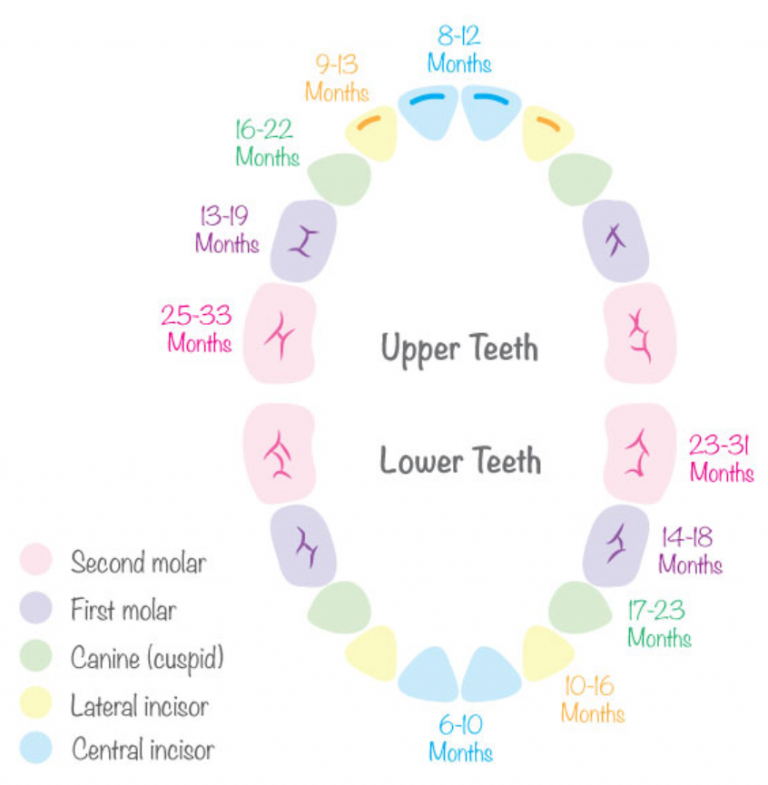
Physical changes in the brain
As it turns out, there may be even more happening on a cellular level that’s further fueling pregnancy brain.
A 2016 study determined that there are undeniable physiological changes that occur in the structure of all women’s brains during pregnancy.
Scans showed that pregnant women will categorically experience a significant decrease in gray matter volume in areas of the brain that help with social cognition. These changes were also found to occur in parts of the brain that foster relationship building.
This could be the brain’s way of clearing space to make room for maternal attachment. So, while you may not be able to recall if you brushed your teeth in the morning, you will be ready to snuggle down like a mama bear.
Interestingly, follow-up scans showed that these volume changes can last for 2 years or more, meaning some aspects of pregnancy brain might stick around through your child’s toddler years.
You don’t need to throw in the towel and accept your forgetful fate just yet. There are some brain-boosting steps you can take to sharpen your mental acuity.
There are some brain-boosting steps you can take to sharpen your mental acuity.
Get sleep
Sleep can be elusive in pregnancy and completely evasive in those early postpartum weeks and months.
Taking a few measures to try to quiet your mind and relax your body can help cultivate a more restful environment. Establish an evening routine, turn off your cell phone, and do some breathing exercises.
During sleep, your brain can form important connections that help encourage cognitive function — so do what you can to prioritize rest.
When all else fails, a cat nap can help. Twenty minutes of shut-eye will do the trick. A longer nap may sound tempting, but can leave you feeling groggy, as you will transition into a deeper stage of sleep — so keep the midday snoozes short and sweet.
Eat well
You may have intense cravings and an insatiable appetite during pregnancy, and we support your need to feed, but we also suggest adding a few key ingredients to your next meal.
Certain foods high in antioxidants and vitamins have been proven to help with brain function. Here are a few to add to your upcoming grocery list:
- Omega-3 fatty acids. Salmon and other fatty fish are loaded with DHA and omega-3 fatty acids that help to build brain cells needed for cognition and memory.
- Blueberries. Rich in color and flavor, blueberries have antioxidants that fight brain-fogging inflammation and help boost communication between brain cells.
- Eggs. Egg yolks have a high concentration of choline, a nutrient that makes acetylcholine, which helps stabilize mood and improve memory.
- Spinach. Leafy green veggies are chock-full of vitamin K, folate, and other brain-empowering vitamins and minerals that can help fuel your ability to think and recall.
Hydrate
Drinking water is always vital, but it is arguably even more important during pregnancy and throughout your postpartum recovery — especially if you’re breastfeeding.
Your brain needs water to function properly. Even mild dehydration can have adverse effects on your ability to concentrate and totally zap your energy level — so drink up to perk up.
Set reminders
If you’re having trouble remembering things or maintaining focus, set yourself up for success by employing a few simple mind-triggering tactics.
There’s no need to tie a string around your swollen finger — just leave yourself sticky notes with simple reminders and friendly FYIs. A daily agenda planner can help you feel less scatterbrained and more organized. Use your smartphone — set alarms and fill in your calendar.
Play brain-boosting games
Just like your muscles need exercise to reach peak performance, your brain will benefit from a mental workout, too. Crossword puzzles, Sudoku, and other solo games will get your creaky gears going. Apps like Lumosity, Peak, and Elevate also offer clever activities to engage your mind.
Show yourself kindness
You have a lot going on physically, mentally, and emotionally during pregnancy and after a little one is born.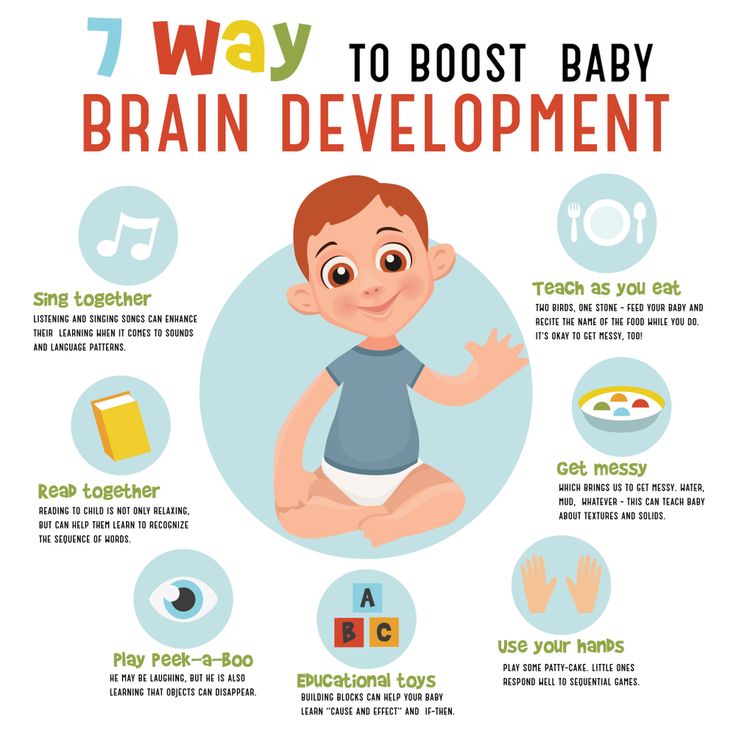 Don’t beat yourself up if something slips your mind or you can’t seem to snap out of it. Learn to forgive when you forget, and try to find humor in the situation.
Don’t beat yourself up if something slips your mind or you can’t seem to snap out of it. Learn to forgive when you forget, and try to find humor in the situation.
Pregnancy brain could have you feeling less than sharp. You might make a few mindless mistakes or temporarily lose your ability to think clearly, but, in time and with patience (and sleep), you will feel like your quick-witted self again.
In the meantime, recognize that there are real mental, physical, and physiological reasons why this is happening. It may even be your brain’s way of helping you transition into the all-consuming, totally overwhelming, and amazingly wonderful world of motherhood. And that is something worth remembering.
Development of a child's brain from birth to age 3
The prenatal period accounts for 70% of a child's brain development, 15% during infancy, and another 15% during the preschool years. Until the baby is born, as well as in the first months after birth, that is, during the breastfeeding period, its development and health are almost completely dependent on the mother's nutrition. Therefore, it is extremely important that you carefully monitor your diet and remember a number of nutrients that are especially important for the development of a child’s brain.
Therefore, it is extremely important that you carefully monitor your diet and remember a number of nutrients that are especially important for the development of a child’s brain.
Important!
In the first year of life, your baby literally grows by leaps and bounds. In a year, his height doubles and his weight triples! But even more incredible speed of development at this time reaches his brain.
The medulla is laid in the fetal cranium already in the first weeks of intrauterine development of the baby. At the tenth week of pregnancy, the baby's brain is divided into three parts. In a child who was born, the brain is almost no different from the brain of an adult. By twelve months, the final formation of the brain structure is completed. The number of neurons remains approximately at the same level until the end of life. And from birth, a lot of reflexes and skills are embedded in the brain: breathing, sucking, grasping...
From birth, the neurons of the brain exist for the most part independently of each other. The task of the brain during the first 3 years is to establish and strengthen the connections between them. At this time, the cells of the child's brain create 2 million new connections - synapses - per second! As the child develops, the synapses become more complex: they grow like a tree with many branches and twigs.
The task of the brain during the first 3 years is to establish and strengthen the connections between them. At this time, the cells of the child's brain create 2 million new connections - synapses - per second! As the child develops, the synapses become more complex: they grow like a tree with many branches and twigs.
The period from birth to three years is the time of the highest brain activity. By the age of three, a child's brain is already 80% the size of an adult's brain. The increase in brain volume occurs due to special glial cells: they are necessary for the existence of neurons. Starting from the age of three, a sharp slowdown in the rate of brain development begins, and after six years it almost completely slows down and the formation ends. The abilities of the brain of a six-year-old child practically coincide with those of an adult!
For the harmonious development of the baby's brain, an environment full of positive emotions and new impressions is needed. Such an environment will make the brain work more actively, stimulate its development. It is in the first three years that the future foundations of health, thinking, various skills, and adaptability to life are laid in the baby. Therefore, it is very important in these first three years to help the formation of the brain. The child should be surrounded by images, sounds, touches, smells. All these are stimuli that are perceived by the brain and help it form faster.
It is in the first three years that the future foundations of health, thinking, various skills, and adaptability to life are laid in the baby. Therefore, it is very important in these first three years to help the formation of the brain. The child should be surrounded by images, sounds, touches, smells. All these are stimuli that are perceived by the brain and help it form faster.
Adherents of the ideas of "early development" - the intensive development of a child's abilities at an early age (from 0 to 3 years) - pay special attention to this. In their opinion, it is necessary to introduce the baby to various activities as early as possible: develop his speech, draw, sculpt, play musical instruments, etc.
Equally important is the baby's nutrition. Of particular importance in the development and proper functioning of the baby's nervous system are long-chain polyunsaturated fatty acids. These include docosahexaenoic and arachidonic acids (DHA and ARA).
The "future genius" daily diet should include DHA and APA of breast milk or baby milk in case of supplementary feeding. Breast milk does not have an exact ratio of these fats, as their presence is highly dependent on the diet of the nursing mother and how much she consumes foods containing them. So, for example, the milk of Japanese mothers has a very high amount of DHA due to the high consumption of seafood, while the concentration of DHA in the milk of American mothers is very low. Also, sources of DHA in the mother's diet can be, for example, seafood, various vegetable oils, walnuts.
Breast milk does not have an exact ratio of these fats, as their presence is highly dependent on the diet of the nursing mother and how much she consumes foods containing them. So, for example, the milk of Japanese mothers has a very high amount of DHA due to the high consumption of seafood, while the concentration of DHA in the milk of American mothers is very low. Also, sources of DHA in the mother's diet can be, for example, seafood, various vegetable oils, walnuts.
Psychologist told how to stop yelling at a child when he throws tantrums | 74.ru
All news“The operator said that there are no more offices”: Chelyabinsk residents were alarmed by changes in the work of Rosgosstrakh
“I tried to deceive myself that these were fireworks”: a doctor who returned to Chelyabinsk from the NVO zone talks about work and life in DPR
You have a month left: what taxes you need to pay before December (and how to save on them)
3 million people can be evacuated from Kyiv: SVO news for November 6
They steal from pockets, twist light bulbs and give a lot of happiness.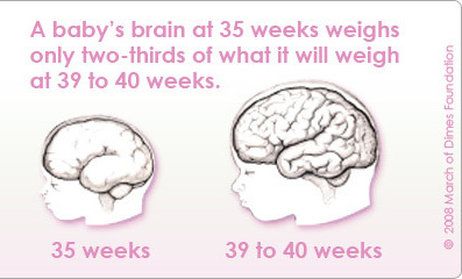 The owner of a raccoon family spoke about her pets
The owner of a raccoon family spoke about her pets
Motorists got stuck in a traffic jam on the M-5 highway in the Chelyabinsk region
“She is different”: a dermatologist told how to find a deadly mole in her
“We saw how the dead were carried out in bags” : a report from Kostroma, where a nightclub burned down
A bus got into a fatal accident on the highway near Chelyabinsk
The mother of a teenager responded to accusations of attacks on residents of villages near Chelyabinsk
Doctors named 20 foods that can lead to gout
A car burned down near a bus stop in Chelyabinsk. The incident was caught on video
“People like me supplied gangsters for organized crime groups.” The story of a guy who puts things in order in his “neighborhood”
“You won’t do anything to me”: a difficult teenager attacks residents of villages near Chelyabinsk
They broke through one door: how the Kostroma club “Polygon” burned down along with the guests. The whole story of the tragedy
The whole story of the tragedy
Three people died in a fire in the Chelyabinsk region
Iran supplied drones to Russia, and “Talk about the Important” is a must-see: NWO news for November 5
“People ran out and just howled.” What happened before the fire in the nightclub, where 13 people died
Pine trees began to be planted on Khudyakov to replace the trees demolished during the widening of the road
Like three drops of water! A story of inseparable triplets that only their parents can tell apart (can you do it?)
“I’m not a model, I’m joking, I’m not looking for a sponsor”: we’re sorting out with a psychologist what to write in a profile on a dating site to arouse interest
In Chelyabinsk, a minibus took off for a stop during a snowfall and knocked down a man
Without food, they will live for two weeks : the whole country is watching the fate of dolphins thrown into the sea by their owners
The mother of a girl who was hospitalized after a conflict in a minibus spoke about her daughter's condition
Details of a fire in a Kostroma cafe became known
Why didn't the Ministry of Emergency Situations check the fire safety of the club that burned down in Kostroma? Official response
The police detained the alleged culprit of the fire in the club in Kostroma
She is up to his waist: a girl 110 cm tall meets a 2-meter guy - see what an unusual couple looks like
"Tired of running back and forth": the story of an IT specialist lived in six countries after the start of SVO
In Chelyabinsk, a minibus passenger pushed a teenager and a friend out of the passenger compartment, a girl in the hospital
The driver of the towed car died on the Chelyabinsk-Troitsk highway
The evacuation exits were locked: what is known about the fire in the Kostroma Polygon club
Do they think that we are doomed to rest at home? How Sochi's greed scares away tourists
A family from Kopeysk got into a fatal accident in the Kurgan region. A criminal case has been initiated
A criminal case has been initiated
The death toll in a fire in a nightclub in Kostroma has grown to 130003
He is younger than you thought. Today is the anniversary of the creation of the monument to Lenin in Chelyabinsk
“We don’t know what to do with you, you are the first to come alive”: the father of five daughters returned from the SVO and told what is happening there
“People no longer want to change gadgets every year »: sales of smartphones in Russia fell by 30%
All news0003
The network of city portals continues the project “When you give birth, you will understand”, in which we discuss everything that hurts young parents. And today, perhaps, one of the most painful topics is children's tantrums. Yes, yes, the very ones when a child does not want to go home from a walk and yells, lying on the sidewalk, when he squeals at the whole store, demanding to buy another toy, and generally rolls up scandals for any reason. Okay, let's be honest: a small child does not always need a reason for a tantrum, it can start out of the blue.
Okay, let's be honest: a small child does not always need a reason for a tantrum, it can start out of the blue.
How do you avoid yelling back in situations like this? Not to spank on the ass in the hope of calming down, and then not torturing yourself with guilt? How to raise a child with a personality with his own opinion and at the same time not go crazy? We asked psychologist Yuliana Maksutova to answer these questions.
Closer to the age of three, all of a sudden, children begin to rebel, argue with their parents and throw tantrums. Yes, this is the same crisis of three years. He says that the child's psyche and brain develop as they should. Self-awareness emerges.
He used to be in such a merger with his mother. But he grows, his needs expand, his opinion appears. And of course, the child does not like the fact that he and his mother may want something different.
This is a completely normal stage of separation from parents. First childbirth, then weaning, and here it is - the crisis of three years. Of course, there are algorithms on how to get through this period easier, but the main advice is to be patient and understanding. This crisis will surely pass.
Of course, there are algorithms on how to get through this period easier, but the main advice is to be patient and understanding. This crisis will surely pass.
But you have to understand that this is a very important stage. The crisis of three years must be passed if you later want to see your child independent.
A parent is like a coach for his child. As the child grows up, it will inevitably face some kind of prohibitions, conflicts in society. The clash of “I want” and “I can’t” is called frustration in psychological language. If you do not get stuck in this state, experience it in a dosed manner and with the support of an adult, then in the end the child develops a strategy for coping with stress. A parent in some situation may give in, may find a compromise, and in some situations - express a strict prohibition.
Just like in a fairy tale. Gingerbread man came up with a strategy for himself, and it worked successfully for him many times, but then the Fox met, and Gingerbread Man made a mistake.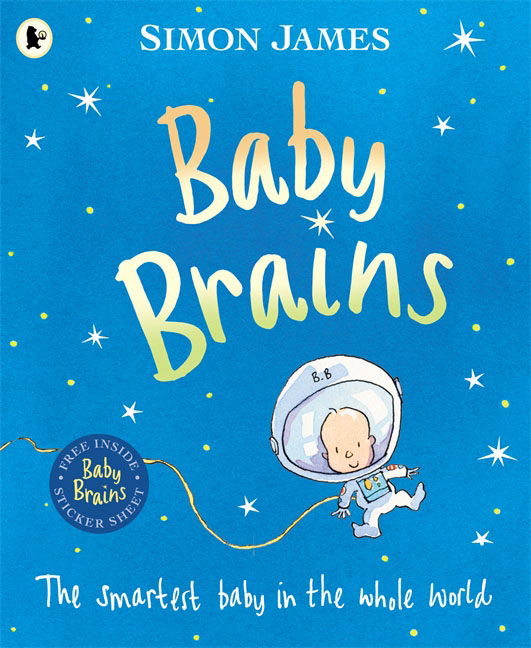 In the same way, a child learns to use different strategies in communication with a parent.
In the same way, a child learns to use different strategies in communication with a parent.
When a child is not allowed to do a lot of things, this is also bad. Bans should be only on what is really impossible: run through red lights, eat foods that you are allergic to. In other situations, you can agree - this is how the child learns to communicate.
It is natural for a small child to seek approval from his parents. An unfamiliar grandmother will approach a child on the street, offer a candy, and he looks at his mother, whether she nods approvingly or not, and only then takes it. The same situation can be in the circle of acquaintances. First, the child sees the world through the eyes of parents. When by adolescence a child is saturated with these ideas, he makes a reassessment of values: I will take this into my life, but this, thank you, I don’t want to, leave it to yourself.
If you have brought up such an obedient child who extends this obedience to all adults, then he himself may suffer from this.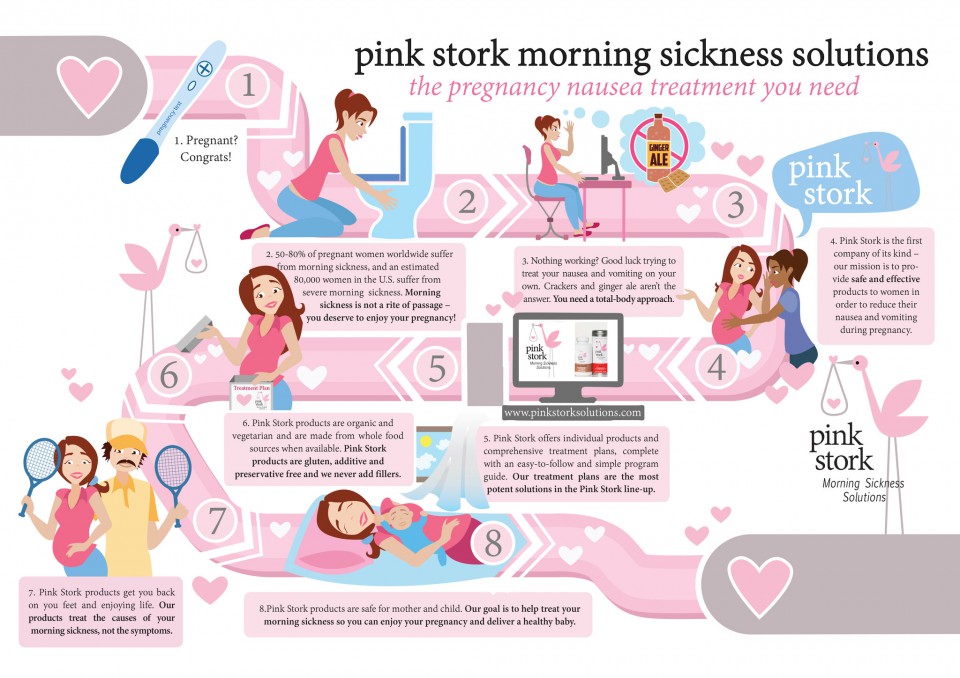 Leave with someone else's adult, for example.
Leave with someone else's adult, for example.
From birth, they want a child to grow up obedient, but in adulthood it will be of little use to him
Photo: Artyom Ustyuzhanin / E1.RU let it be uncomfortable. Stop worrying about what they will think of me if my child is lying on the floor in the store and screaming? If you do not care about the opinions of others, then only you and your child will remain, and this will immediately alleviate the situation.
I myself have three children with a small difference of 2 years. When my third child was born, I realized that all the magic phrases that I know simply do not work. Because there is not always a resource for it.
You can not swear because the child does not want to tidy up the toys, but outwit him, say “let’s not tidy up the toys, but save the toys from the socks that attacked them”, we won’t have lunch, but “we will try on vegetables for Queen Fork.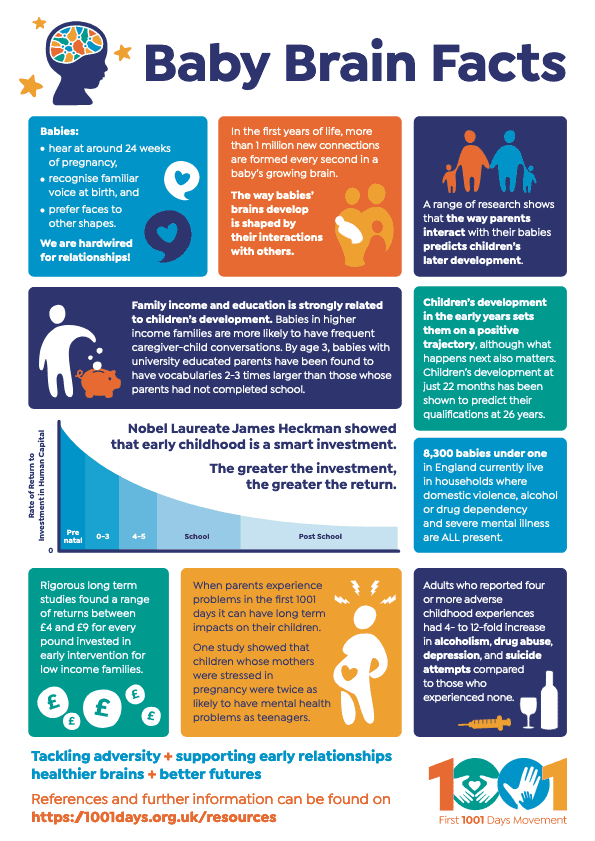 Therefore, it is very important for mothers to take care of themselves first.
Therefore, it is very important for mothers to take care of themselves first.
Children, at least before school, are simply incapable of manipulation - the brain has not yet matured. To manipulate, you must be able to put yourself in the place of another person and understand how he will behave. To say at 3 years old that a child manipulates a parent when he asks for another typewriter is wrong. There is another principle at work here. I'll give you an example. Here the child demands a typewriter, knocks with his legs, the mother refuses. Then he sits on the pavement, cries loudly - and mom gives up. And if this story is repeated several times, then the child builds a causal relationship. This again means that the child's thinking is working, which is good. But this is not manipulation. If this causal chain is broken, then the behavior of the child will change.
It is necessary to look at the condition of the child, maybe he is tired, he has not had enough sleep. Maybe just a general disturbing background when mom is immersed in her experiences.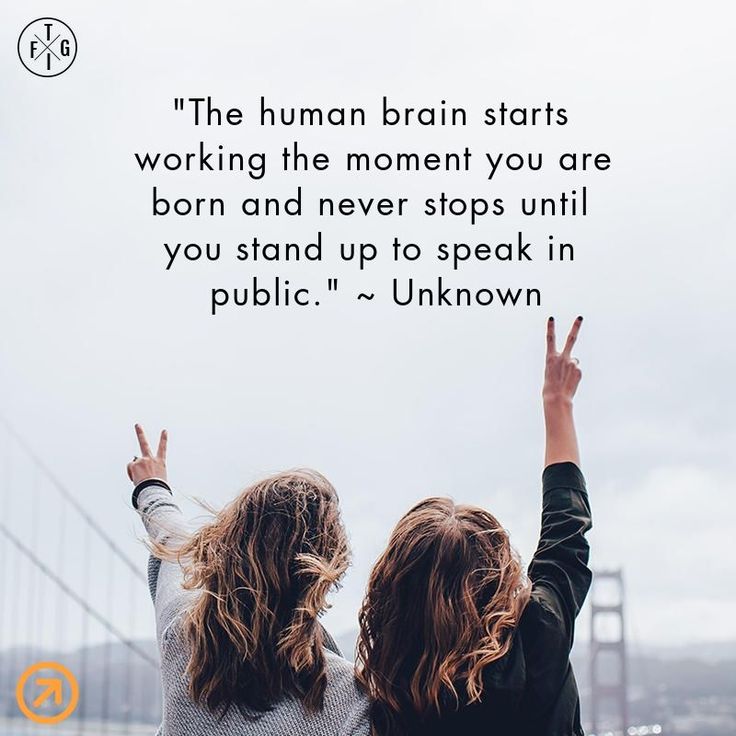 The child reads this and begins to check with his whims: “Mom, are you definitely with me?”
The child reads this and begins to check with his whims: “Mom, are you definitely with me?”
We grow up with attitudes such as “men don't cry”, “good girls don't cry”, “you can't get angry”, “you're already big”, “you can't argue with adults”. All this to the fact that their emotions can not be shown. And we transfer our emotions to the child: if I can’t, then the child can’t either. You need to become the most uncomfortable, understand that all emotions are normal and there is a reason for them. And do not drive yourself into this vicious circle: "And the child screams in public, so I'm a bad mother." In general, emotions are very contagious.
The psychologist advises mothers to give a damn about the opinions of others, and they will immediately notice that they have become easier to relate to the next whims
Photo: Artyom Ustyuzhanin / E1.RU
Share
There is such a trick as getting out of the emotions of another person. Step out of your child's emotions, mentally draw a circle, and step out of it. Remember that among you the adult is you. Then use the “mirroring” method: speak out loud all the emotions of the child. “Yes, I understand that you are upset now, but I can’t buy what you ask because we came to the store for another.” These are not magic phrases that will calm the child, but show him that you are there.
Step out of your child's emotions, mentally draw a circle, and step out of it. Remember that among you the adult is you. Then use the “mirroring” method: speak out loud all the emotions of the child. “Yes, I understand that you are upset now, but I can’t buy what you ask because we came to the store for another.” These are not magic phrases that will calm the child, but show him that you are there.
Here again the question of status. If mom caught herself thinking that that’s it, the lid is full and she’ll tear it off now, then there are several ways to help yourself.
And you can, on the contrary, sympathize and, as it were, hug yourself, and calm down.
But do not ignore, do not put on a mask of indifference - this will not save either you or the child. It is better to say that you are so angry that you cannot help yourself, and you need to leave the room for 5 minutes and calm down. So the child also understands that the mother is tired and can be angry.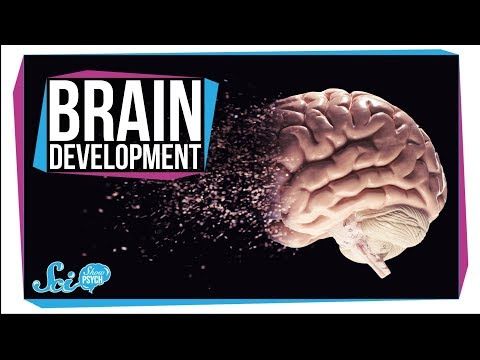
And that's fine. This means that mom can praise herself, it means that she was able to create a safe space for the child to express her emotions, that mom will accept me in any way.
If a mother feels guilty because she yelled at her child, then the first thing to think about is that this thought is unproductive. From the fact that you will self-flagellate, only a hole is formed into which your resource will go.
You can also apologize in different ways. Or just say: "Here, you are my bunny, I'm sorry." And you can explain from an adult position: “I was very upset about work and fell on you. Forgive me, I got angry and could not restrain myself. The child also needs this experience to understand that the world is not perfect. And this is an example of how to get out of the conflict.
If the mother slams the door all the time, and then the child goes to make peace on his own, he will not know that the conflict can be resolved in another way.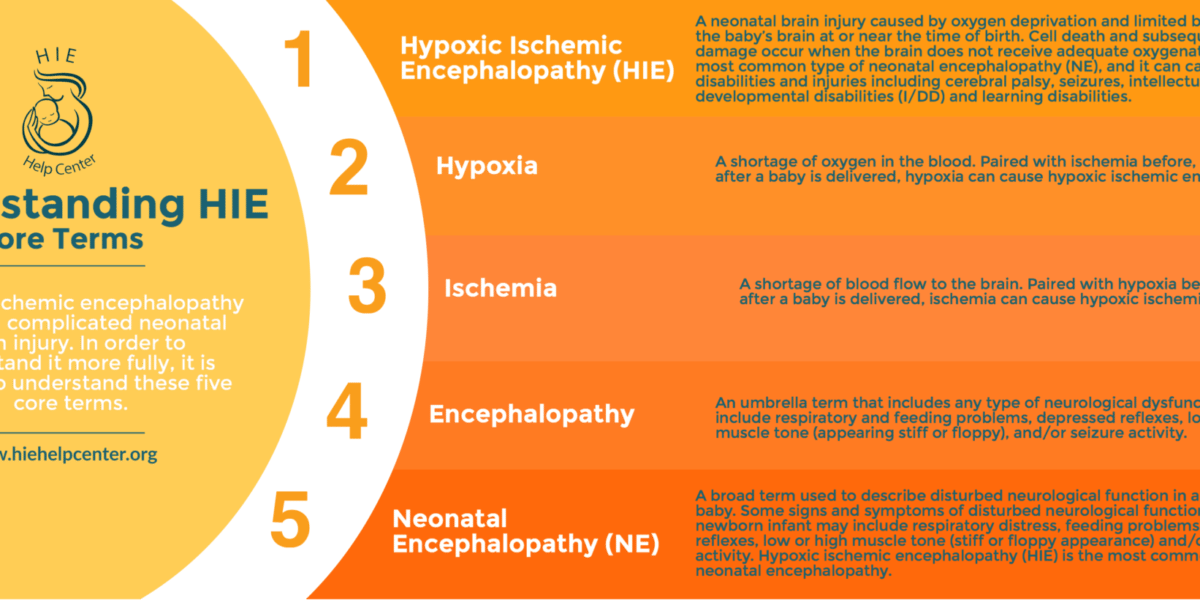
A mother has the right to take it out on her child. But apologies are needed only if they are sincere. You can sit and lament that here, you are such and such, brought the mother ... This will be outweighing the blame on the child, such a message that you are bad.
Another situation is when a mother cries and explains that she is very sorry that she did everything, but she is not in her power to change the situation, that it is difficult for her and that she is learning to be a mother for her child.
The crisis of three years is not eternal, and a wonderful period of 5-6 years will come when children turn their attention to their parents. But, again, they themselves will not learn this if there is no care for each other in the family. When you suddenly hear from a child not just a tantrum, but an explanation of his emotions: “Mom, I feel so uncomfortable because ...”, then you can safely rejoice and praise yourself - these are the fruits of your labors.




